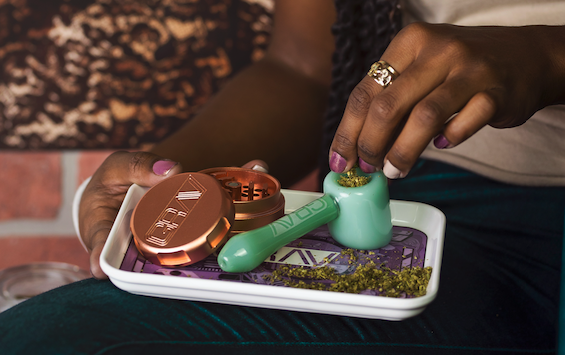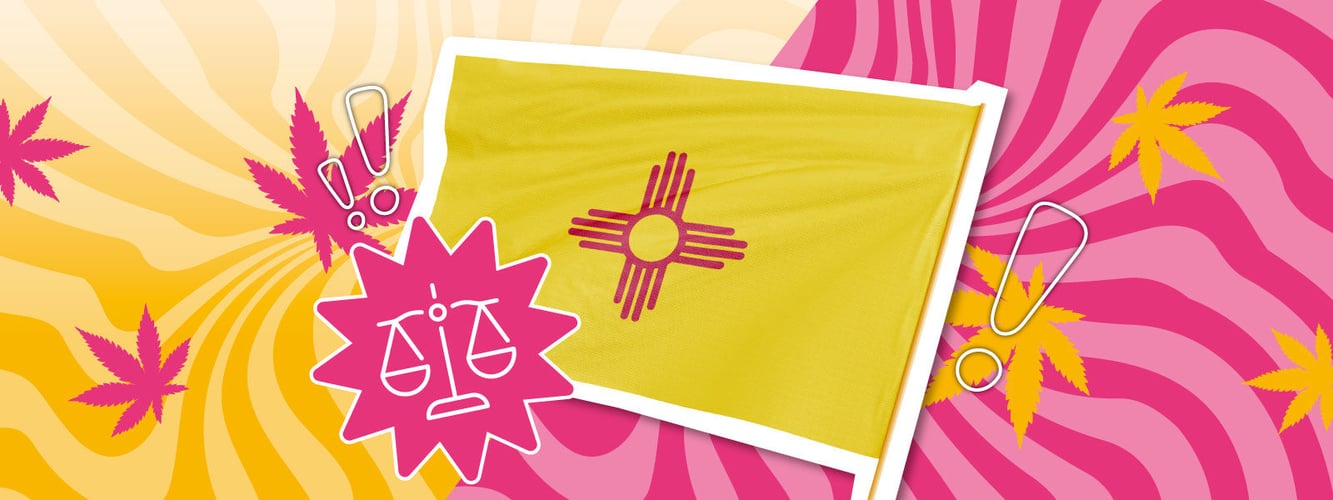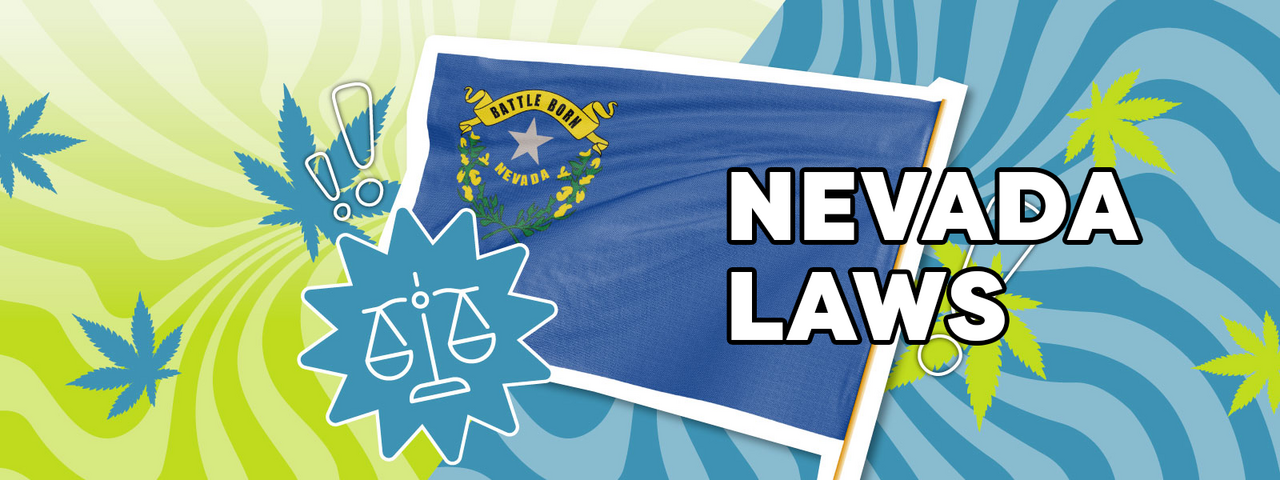An Easy Guide to Delaware Cannabis Marketing Laws
If you're looking to open a dispensary in Delaware, you may find it frustrating to understand the marketing rules. If you already have a dispensary in Delaware, you may also find it frustrating to understand the marketing rules.
It's difficult to understand the rules on Delaware's government website when trying to find the necessary information. Thankfully, we are here to make your life easier. The following practices listed are required in all advertising and marketing activities, including social media.
The following rules are from Delaware’s State Laws as of May 2024. It's important to know and stay updated on your state's do’s and don’ts for marketing.

Protecting minors
To ensure accountability and transparency within the cannabis industry, all advertisements and marketing for cannabis products need to be accurately traced back to the seller or dispensary.
The following laws are enacted to regulate and limit the exposure of minors to various harmful substances. These regulations are designed to protect the health and well-being of young individuals by restricting their exposure and interaction with cannabis.
-
No candy or cartoons: To prevent products from appealing to children, manufacturers are prohibited from designing products to resemble candy or having cartoon characters in their packaging or advertising. This regulation ensures that these items are not enticing to minors through visually appealing elements that mimic sweets or feature beloved animated figures.
Enforcing these guidelines aims to reduce the likelihood of children being attracted to and potentially consuming products that are unsafe or inappropriate for their age group. This measure is part of a broader effort to safeguard the health and safety of young individuals by making hazardous products less alluring and accessible to them.

No Flyers or Signs in Play Zones:
- Ads (like posters or flyers) can't be placed within 500 feet of where kids are common. This includes:
- Schools (elementary, middle, high school)
- Daycares
- Playgrounds
- Parks
- Recreation centers
- Basically, anywhere children tend to gather
Keeping it Age-Appropriate Online and Broadcast:
- Radio, TV, and online ads need to be extra careful. They can only target audiences where they can be sure viewers are mostly adults (21+). This might involve:
- Age verification: Some platforms may ask viewers to verify their age before seeing cannabis ads.
- Sticking to cannabis-friendly spaces: Ads might only appear on websites or channels that already allow cannabis advertising.

Know the Data:
Any kind of cannabis ad, whether in a magazine, online, or anywhere else, must pass a strict audience check. Ads can only be placed where at least 70% of the people who see them are expected to be 21 or older.
This 70% rule isn't just a guess. Advertisers need to use reliable information about who typically sees ads in that particular location (website, magazine, etc.) This data proves that most viewers are adults, keeping cannabis ads out of sight from curious kids.
The goal is clear: cannabis advertising should only reach adults. By requiring this data check, Delaware’s cannabis laws make sure there's no room for doubt that most people seeing the ad are legally able to consume cannabis.
Marketing and Advertising:
- Billboards and large outdoor ads are completely banned. This comprehensive prohibition means that cannabis signs will not be displayed along highways, on buildings, or in any other prominent outdoor locations. This also includes advertising in public or moving vehicles. The rationale behind this regulation is the inability to control or restrict which age groups may view these large-scale advertisements.
By eliminating such public displays, the goal is to ensure that children and teenagers are not exposed to promotional materials for cannabis or other age-restricted substances. This approach is part of a broader strategy to create a safer and more controlled advertising environment, protecting young people from premature or inappropriate exposure to potentially harmful products.
Keep it Discreet:
- Products hidden from public view: Marijuana products are not to be displayed in store windows or anywhere visible from the street, ensuring that they are kept out of sight from the general public. This restriction is in place since it is impossible to control which age groups may see these displays.
This measure helps to maintain a more discreet and responsible approach to the sale and promotion of marijuana products, aligning with broader public health and safety goals. The regulation also supports the creation of a community environment that does not inadvertently promote or normalize marijuana use among young people.

What are Meta’s Instagram and Facebook rules for cannabis?
Navigating Delaware’s strict cannabis marketing laws can be tough, and now Meta's rules make it even trickier.
On Meta, you can't talk about selling cannabis products at all, not even subtly like saying "in stores now" or "get it today." You can't promote how strong products are or how much THC they have, and no discounts, freebies, or giveaways are allowed.
Also, you can't use casual words for cannabis or show any pictures of cannabis products or smoking stuff. This means avoiding words like "stoner," "weed," or even talking about specific types of cannabis like "gummies" or "edibles."
If you break these rules, your posts will be flagged, and you might not be able to go live or have your posts seen much. Keep breaking them, and your account could be removed, causing you to lose all your posts and followers.
But Meta does let you share educational stuff about cannabis. You can add a note like "Items NOT for sale on Instagram. For educational purposes only. 21+" to help keep your posts safe, although it's not guaranteed.
Meta has added the ability to manage the age of your Instagram content's viewers by establishing a minimum age requirement for your account. You can set a universal minimum age that applies globally or specify different minimum ages for various countries to comply with local regulations. This is a safe practice to enact on your social media platforms for an extra layer of protection.
Feeling stuck??
Are you struggling to manage your cannabis dispensary's social media presence? Need help marketing your cannabis business in Delaware? Interested in increasing your marijuana sales? Don't worry; you don't have to navigate it alone.
At ThivePOP, we specialize in cannabis marketing and understand the industry's unique regulations. Let us assist you in reaching your customers effectively through online and social media platforms. We've covered you, from creating engaging content to building a strong brand identity.




